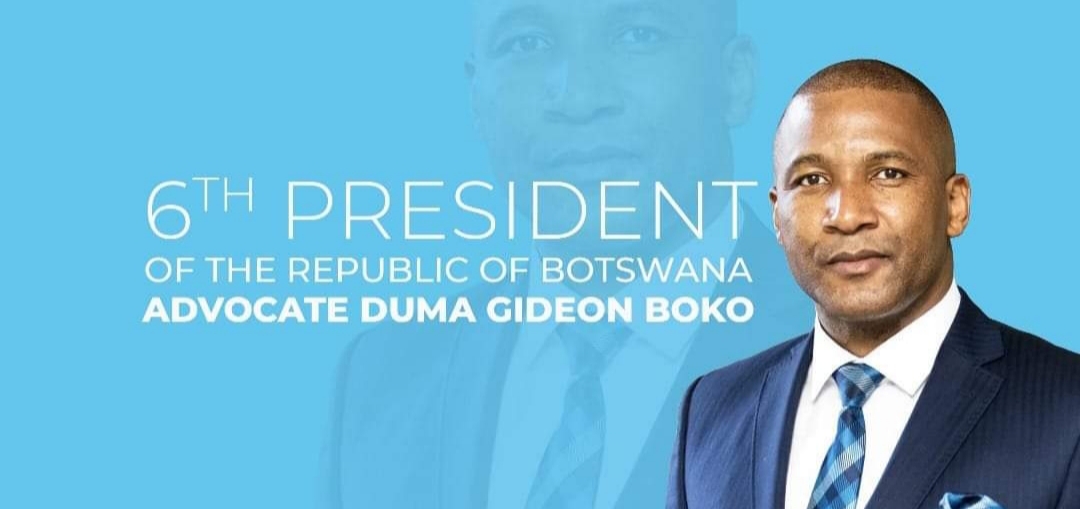In an unprecedented political transformation, Botswana recently witnessed the end of the Botswana Democratic Party’s (BDP) decades-long dominance. The BDP, which has held power since Botswana’s independence in 1966, lost to a coalition of opposition parties, marking a pivotal moment in the country’s democratic journey. This significant change underscores the profound impact of young voters and digital platforms in reshaping Botswana’s political landscape, as they galvanized voter turnout and shifted public sentiment.
The Power of Youth Engagement
With young people comprising a significant portion of Botswana’s population, their active involvement in the recent elections proved to be a game-changer. For the first time in Botswana’s political history, the youth came together as a unified force, advocating for change and fresh ideas. Many young voters expressed frustration over issues such as high unemployment, limited economic opportunities, and the need for modernization, which resonated deeply with their everyday experiences.
Driven by a strong desire to influence the future, young Batswana actively participated in rallies, discussions, and political debates. This enthusiasm was not only a testament to their engagement but also a reminder of the potential power they hold as the future of the nation. Political parties took note, with many tailoring their platforms to address youth concerns, including job creation, education reform, and digital transformation.
Social Media as a Platform for Political Mobilization
Social media played a critical role in the election, providing a dynamic platform for young people to discuss political issues, advocate for transparency, and organize. Platforms like Facebook, Twitter, and Instagram became the epicenter of political discourse, allowing young Batswana to share information, mobilize each other, and hold political leaders accountable. Hashtags, viral posts, and live broadcasts of political events helped bridge the gap between political leaders and citizens, providing direct access to candidates’ messages and policies.
Young activists and influencers used these digital channels to encourage voter turnout, demystify the electoral process, and emphasize the importance of participating in the election. Their efforts effectively reached a broad audience, particularly first-time voters, who found inspiration and motivation in seeing their peers actively involved.
Campaigns That Captured Youth Attention
Unlike previous election cycles, this year saw campaigns specifically designed to capture the attention of young voters. Political parties invested in digital marketing strategies, creating video content, infographics, and interactive social media posts that made complex issues more accessible and engaging. By meeting the youth where they spend much of their time — online — politicians were able to spark meaningful conversations and foster greater political awareness.
The opposition parties, in particular, used social media to highlight pressing issues, such as government accountability, economic reform, and youth development programs. These campaigns not only resonated with young voters but also helped cultivate a sense of agency and empowerment, convincing them that their voices could truly make a difference.
Voter Turnout and the Shift in Public Sentiment
The high youth turnout at the polls was a direct reflection of this increased engagement. Young voters’ presence demonstrated a clear demand for change and for leadership that reflects their values and aspirations. Their support for opposition parties signaled a shift in public sentiment, as many felt that new voices and perspectives were necessary to address Botswana’s evolving challenges.
This shift marks a crucial point in Botswana’s political landscape. The active role of youth in the recent election has not only empowered them but has also sent a message to all political leaders that they must be responsive to the needs of younger generations. As a result, the new government will likely place a stronger emphasis on youth-oriented policies, modern economic reforms, and a commitment to transparency and accountability.
A New Chapter in Botswana’s Democracy
The historic election outcome serves as a powerful example of the potential impact of youth engagement and digital platforms on democratic processes. As Botswana embarks on this new chapter, the influence of young voters will likely continue to grow, setting a new standard for political participation and accountability.
The rise of social media as a mobilization tool, combined with an engaged youth population, signals that Botswana’s democracy is evolving to include diverse voices and perspectives. This transformation not only strengthens the nation’s democratic foundations but also fosters a more inclusive society where future generations are empowered to shape their own path.
The road ahead may be challenging, but the involvement of Botswana’s youth offers hope for a resilient, forward-looking democracy — one where young people are not just spectators but key players in building a brighter future.










